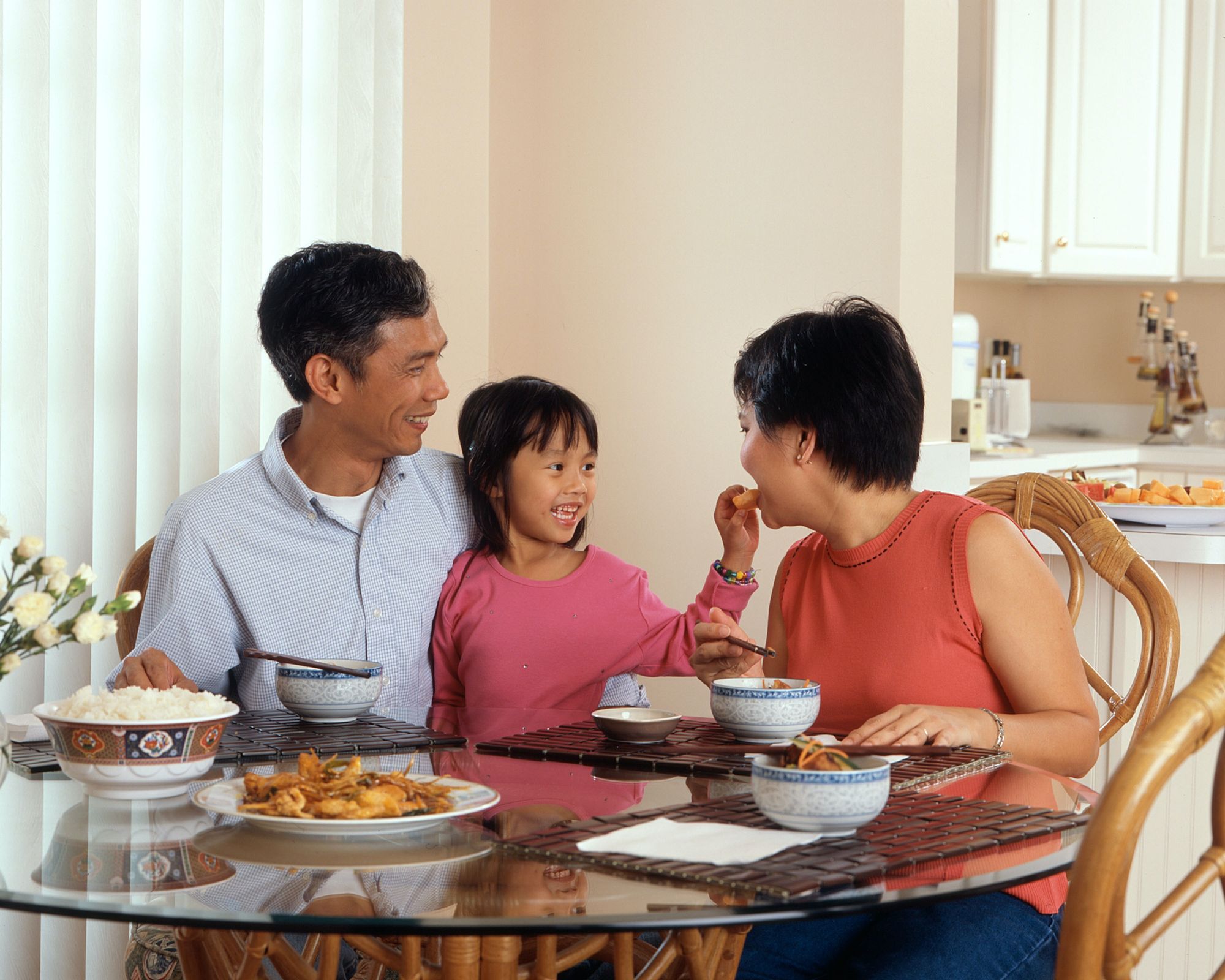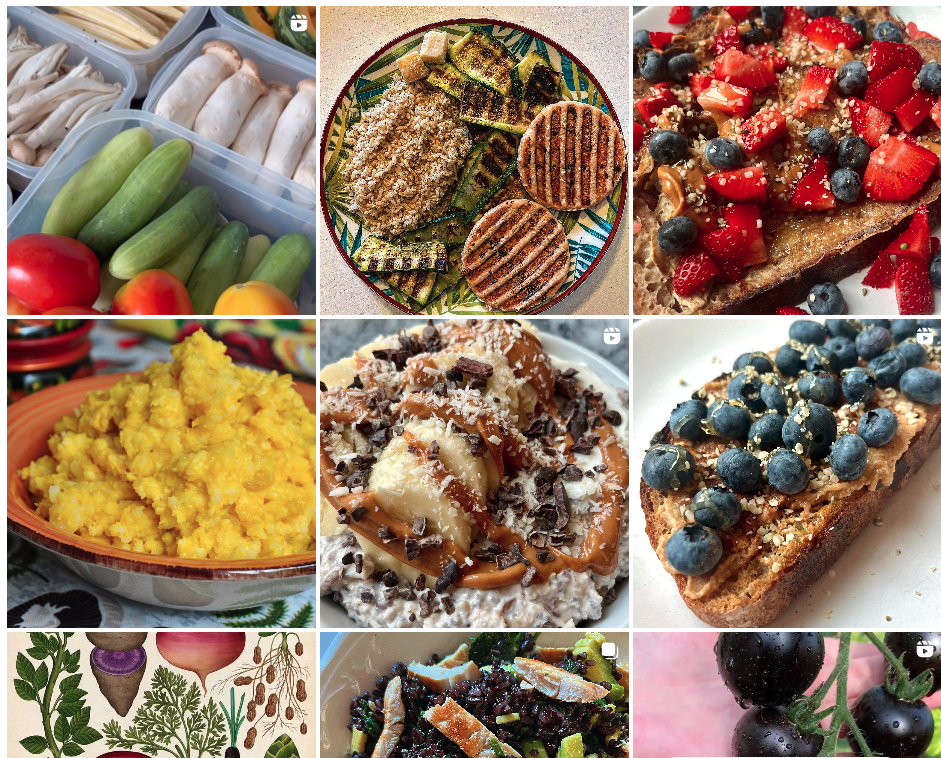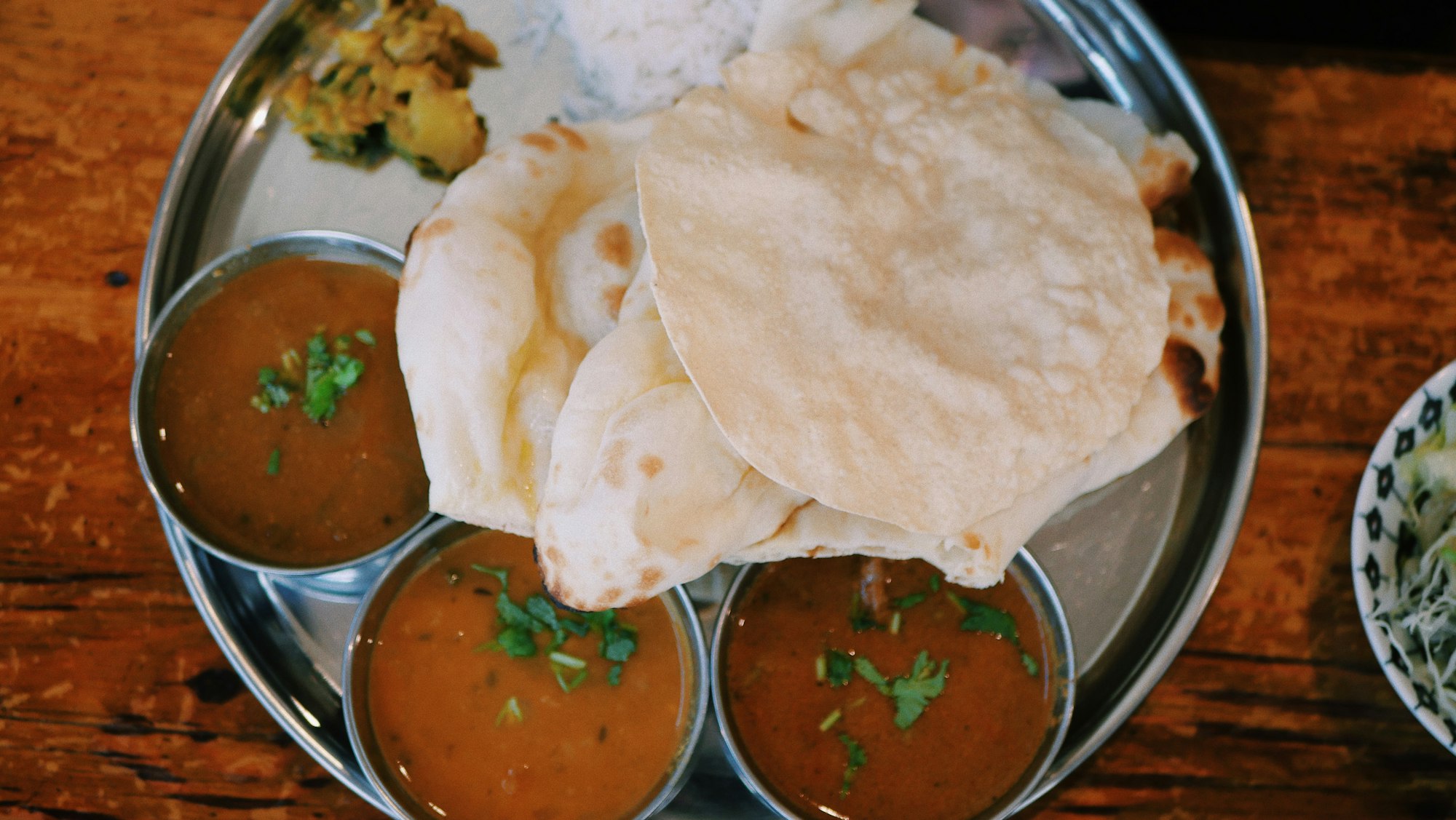Every cuisine is healthy

A month ago, I started a Master's in Nutrition program at the University of Colorado in pursuit of the RD (Registered Dietitian) credential. After spending the entirety of my 20s in Washington, DC and New York City, I moved back to my home state of Colorado. And after nearly a decade of navigating the old boys' club of the tech industry, I found myself smack dab in the middle of the white girls' club of dietetics.
Let me tell you, I feel more out of place here than I ever did in tech. When I lived in bustling cities where minorities were the majority, I never had to think twice about my race. In my graduate program, where I'm the only non-white person among all the students and professors, it has been on my mind a lot more often than I expected it to be.
The thing about nutrition is that it's deeply personal by nature. Our perspectives on food inherently stem from our cultures, our families, and our personal experiences. On the first day of class, we were each asked to introduce ourselves by sharing a childhood memory of food. While I am sure that I have had a number of positive food experiences as a child, the feelings that first came to the surface were sadly those of shame and rejection.

I am a child of Chinese immigrants, and I grew up in a predominantly white neighborhood. Growing up, I developed a complicated relationship with the meals that were staples in my culture. When I started grade school, my mom would lovingly prepare Chinese food and pack it for my school lunch. However, my lunch bag quickly became a source of ridicule and estrangement. My white classmates would turn up their noses and complain about my "stinky" and "weird" food.
Eventually, my parents became aware of the fact that our food was the reason I was made fun of at school. To shield me from further embarrassment, they stopped packing my lunches and signed me up for the bland American school lunches instead. They hid away their traditional Chinese food when my friends came over to our house, and ordered pizza for us instead.
Looking back, I find it distressing how we felt that we needed to suppress our culinary heritage to fit into the community. My parents taught me that in order to survive, I had to assimilate at all costs. In a sense, they were right. I went on to succeed in college and in corporate America largely by gaining the favor of wealthy white men. I learned to dress the way they liked, to tell jokes they would laugh at, and how to comment on the quality of steak dinners and red wine.

Now, as a grown woman in the nutrition space, stereotypes about my culture's food being gross have been replaced with stereotypes about my culture's food being unhealthy. I've heard White Americans and Asian Americans alike echo the sentiments of "Chinese food is too greasy" or "Chinese food lacks protein". I'm constantly frustrated on behalf of South Asian and East Asian nutrition clients who feel like they can't eat food from their respective cuisines simply because the nutrition information doesn't exist in their tracking apps or the USDA database.
It took me a long time to embrace Asian foods in the context of American health culture. Now, I not only make it a point to celebrate Chinese cuisine, but I consider it my responsibility as a future dietitian to champion all cuisines.

Within my master’s program, and in the field of dietetics in general, I am troubled by the absence of curiosity and engagement surrounding diverse food cultures. By no means do I expect my colleagues to have any prior experience with ethnic foods. The only thing I expect them to have is an open mind.
It is absolutely essential for dietitians to approach their clientele with curiosity and to foster an environment where different cultural narratives around food are not just accepted but honored and embraced. Dietitians should understand that most traditional cuisines are nutrient-dense and virtuous in their own ways, although they not fit the exact textbook mold of the standard American diet. Health is not determined by specific ingredients or meals, but by a balance of nutrients that supports physical vitality while respecting the cultural palate of every individual.
Unfortunately, the establishment seems to stand in opposition of this message, and willingly produces inequity and suffering in our communities.

The New York Times paints a shocking but accurate picture of the state of nutrition in this country in the article, "Is American Dietetics a White-Bread World?". The Academy of Nutrition and Dietetics, what is presented to students as the primary authority on nutrition, has implied that non-Western cuisines are unhealthy by nature. One student reports that in her classroom, "Mexican food was dismissed as greasy. Indian food was heavy." She was told to avoid them and instead "to prescribe a bland kale and quinoa diet".
The Academy's research is largely conducted by white dietitians studying non-diverse populations, who are more than willing to turn a blind eye to the 40% of the population who are non-white. The effects of dietetics education extend not only to dietitians themselves, but to the larger population, to whom their recommendations eventually trickle down to. A cursory scan of Instagram or TikTok feeds for "health food" reveals a smattering of white American cuisine: spinach, almond butter, chicken breast, as if these are the only foods that are truly "healthy".

In my classes at school, we have the privilege of spending hours preparing locally grown, organic produce from an industrial teaching kitchen. We've paid lip service to an idealized food system that champions environment, equity, and economics, but completely glossed over the realities of "equity" and "economics". While my colleagues ponder different varieties of tomatoes and organic farming techniques, my mother in law is getting off a 15 hour shift as a nail technician and rushing to a drive through to pick up fast food because she's starving.
The truth is, very little of what nutrition students learn in the classroom is actually realistic and applicable to most people's real lives.
If the field of dietetics is truly committed to serving all people, it first needs to look within. People of color and people who originate from lower socioeconomic classes are best suited to empathize with and serve vulnerable populations, yet they are grossly underrepresented in the dietetic profession. Of practicing dietitians, 90% identify as White and only 6% identify as Hispanic, compared to a national population that is 18.5% Hispanic, 13.4% Black or African American, and 6% Asian.

Furthermore, there is a gigantic financial barrier to entering the profession. Aspiring dietitians must earn a graduate degree from one of few accredited programs in the country, complete 1,000 hours of unpaid internship work, and take a registration exam with a 40% pass rate and $200 price tag. It's impossible to satisfy these requirements unless you already have a big chunk of savings or you can rely on mom and dad to foot the bill. There are some scholarship opportunities, but they're few and far between.
The situation is getting worse, not better, with time. Due to financial strain, funding for dietetics programs at HBCUs, including Fort Valley State University and Grambling State University has been drastically cut, causing the number of Black dietitians to decline by 18% between 1998 and 2019. Dr. Evelyn Crayton, the Academy of Nutrition and Dietetic's first Black president, had to deal with other leaders calling her an "angry Black woman" behind her back and had her nominations for people of color for leadership roles frequently rejected.
The Academy touts diversity and equity as values that they hold dear, but their actions show the exact opposite.
As a current nutrition coach and future Registered Dietitian, I will fight for a world where every culture’s food is not only respected but also understood for its nutritional value. A world where dietitians approach their clients not with preconceived notions but with a readiness to learn and appreciate the rich tapestry of culinary traditions that our diverse society presents.

For now, I just want to leave you with this:
Don't let anyone tell you that your culture's food is unhealthy. Every culture should be honored and every cuisine is conducive to health. Any health professional who tells you otherwise deserves to be fired.


